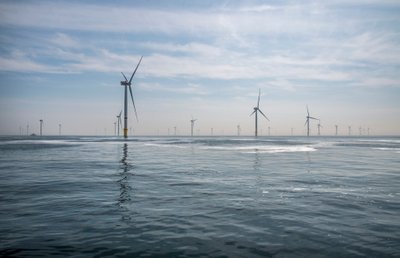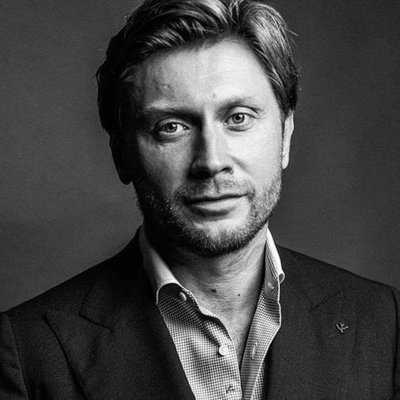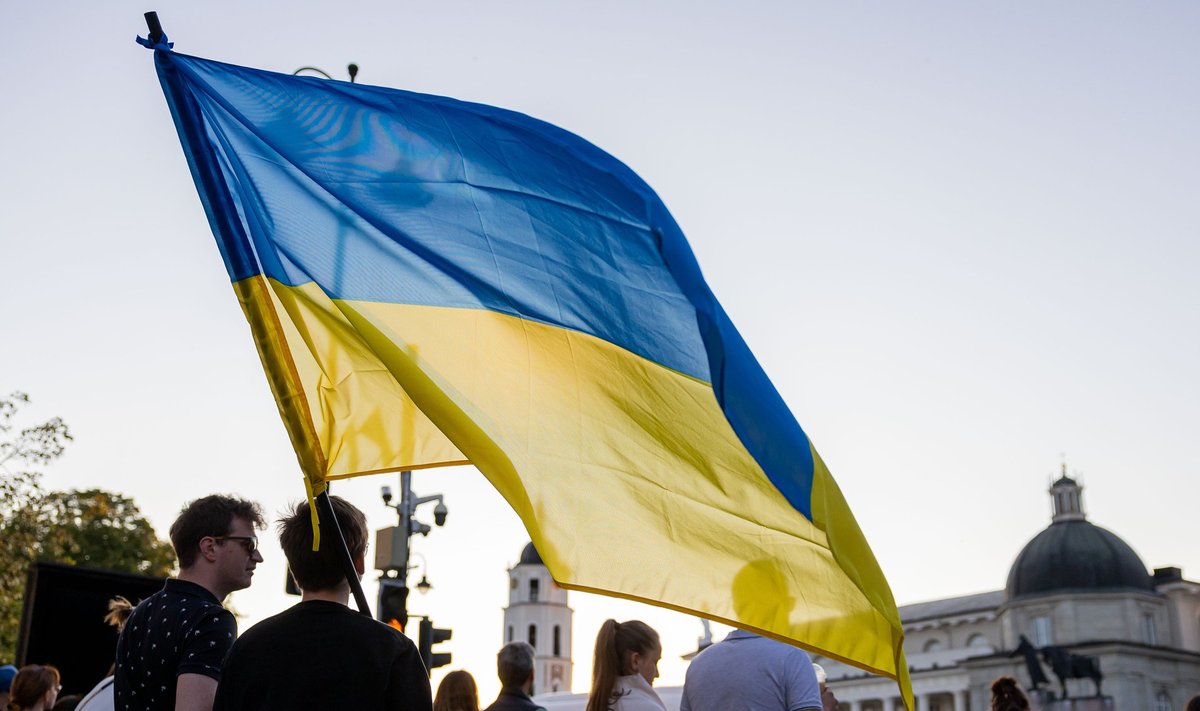In 2023, Ukraine attracted nearly $43 billion in foreign investments, with 27% of the funding coming in the form of grants. The EU is expected to approve a decision this year to allocate 50 billion euros to Ukraine over the next few years, indicating strong confidence and belief in Ukraine's victory. Discussions about Ukraine's post-war reconstruction continue to be a focal point in international forums. Estonia, Latvia and Lithuania are part of this process.
Even amidst the war, the Ukrainian economy demonstrates resilience. In the third quarter of 2023, the country's real GDP grew by 8.5% quarter-on-quarter. The growth is attributed to the agricultural sector's performance and the inflation slowdown within the National Bank of Ukraine’s target range. Ukraine has successfully maintained a stable dollar exchange rate and high levels of foreign exchange reserves.
We are confident that collaborations between Ukrainian and foreign companies will be instrumental in the post-war reconstruction and recovery of the Ukrainian economy. Besides the traditional agricultural sector, areas such as IT, military technologies, and green energy are considered investment-attractive. Promising partnerships between Ukrainian, British and Baltic companies can be established in these sectors.

Green Energy
Before the full-scale invasion, Ukraine was a very strong player in the green energy market. At the end of 2021, 1.7 GW of wind power and 7.3 GW of solar power were installed in Ukraine. Ukraine is among the top 25 countries in solar energy and has very large territories where it is possible to deploy more capacity.
At the Bessarabian Investment Forum in 2021, a project with Germany to install several gigawatts of green hydrogen in Ukraine for export to Germany was announced. In 2023, the European Commission supported a hydrogen corridor project between Ukraine, Slovakia, the Czech Republic, Austria, and Germany. All these projects indicate Ukraine's strong potential to become one of the leaders in this market.
Over the past two years, several very important policy decisions have been made in the direction of green energy development. Among them is the Renewable Energy Directive 2023, which aims to increase the share of renewable energy in the EU's total energy consumption to 42.5% by 2030.
Among the potential collaborations, we see cooperation between Ukraine, the UK and Baltic states as particularly promising. The goal of many countries is to significantly reduce carbon emissions by 2050 and decarbonize most infrastructure sectors of the economy by 2035. Despite the significant capacity of some states, it will be quite difficult to achieve this without imports. In this context, for example, Ukraine and the UK have already signed several agreements, including plans to increase the installed capacity of wind and solar generation, implement green hydrogen projects, and localize the production of the necessary equipment in Ukraine.

Military Technologies
The development of military technologies in Ukraine is both a relevant and promising area for attracting investment and creating international partnership projects. Thanks to its deep experience in IT technologies, Ukraine has implemented a number of important initiatives in the miltech industry.
One of the most well-known Ukrainian IT developments is the Delta system, which provides soldiers with real-time information about the battlefield. The Kropyva system allows locating enemy artillery. Spaitech produces unmanned ground drones like small buggies and autonomous gun turrets.
To stimulate the development of such technologies, Ukraine launched the Brave1 Defense Tech cluster. The main concept of this cluster is to systematically gather all technological developments in Ukraine in one place. In the future, we see prospects for the implementation of military technologies in Western systems. For example, the Delta technology has passed NATO tests and was recognized as such that it can be integrated even into the F-16.
IT and Wealth Tech
Ukraine is one of the five leading countries in IT outsourcing: about 200,000 of our specialists are involved in various projects, mostly commissioned by international companies.
However, this knowledge and potential are increasingly being realized domestically. Ukraine has long been an important player in the global innovation market. Thanks to such technologies as Monobank and Diia, Ukraine is one of the most advanced countries in terms of introducing IT technologies into the everyday life of the population. In our opinion, the combination of the IT industry with the finance industry is promising for the further development of Ukraine's technological potential.
This symbiosis is known as FinTech, and it has been successfully gaining momentum in developed economies for a long time. Recently, many FinTech projects have appeared in emerging markets. In Ukraine, Monobank is a good example. The WealthTech industry, an investment branch of fintech that includes a large number of components of the investment process, from investment products to digital platforms that simplify investment at the retail and institutional levels, is particularly interesting. Here, too, the Baltic states and the UK with their developed wealth management market, which currently needs to accelerate the digitalization process, could become a promising partner for Ukraine. Our company has already taken several steps towards such cooperation by creating a partnership with a British company that has strong positions in FinTech UI/UX & Product. Together, we are creating a fintech platform that will unite Asset Managers and Relationship Managers. The creation of a hub of Fintech/Wealthtech specialists in Ukraine can lead to a significant development of Ukraine not only through IT but also the financial industry.

There are different models of cooperation and effective investment attraction. For example, the creation of investment hubs - associations of hundreds of talented Ukrainian entrepreneurs who are ready to engage with foreign investors and work on their projects. For potential foreign investors, supporting Ukraine's reconstruction is not just a promising long-term investment; it embodies an important social mission to rebuild the country during and after the war. But potential profits also matter. After evaluating several projects under development in Ukraine's traditional economic sectors, we found that the average return on investment (ROI) exceeds 65%.
Ukraine's strategic goal is to not to rely on international aid, but to aim for self-sufficiency. These three sectors we mentioned will propel the Ukrainian economy to the highest possible positions after the war.
A strong Ukraine, set to begin EU accession talks this year, contributes to a strong Europe, opening new opportunities not only for Ukrainians but also for Europeans.
About the author: Maksym Koretskiy, investor, financial expert, Blackshield Capital Group cо-founder
